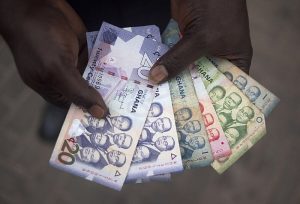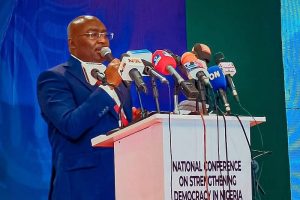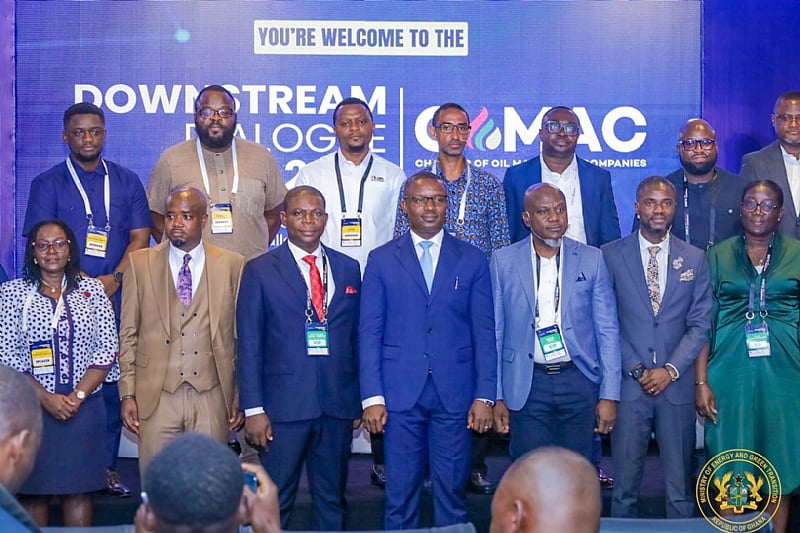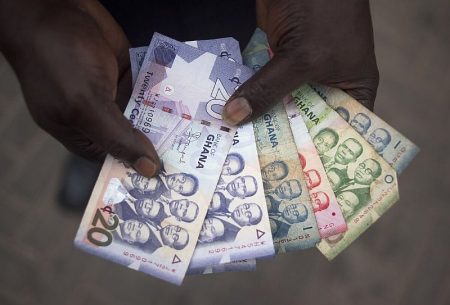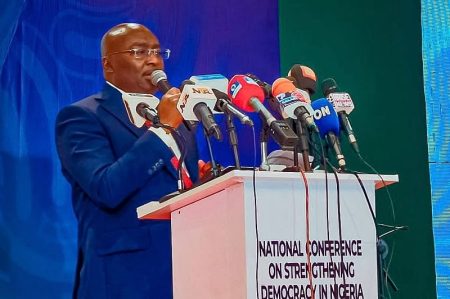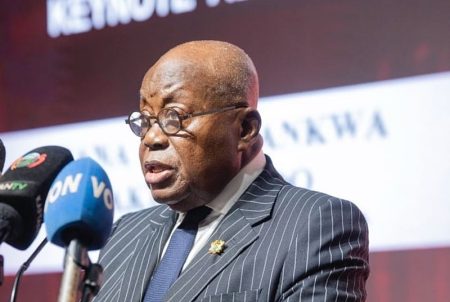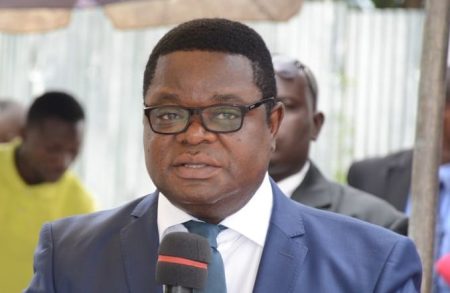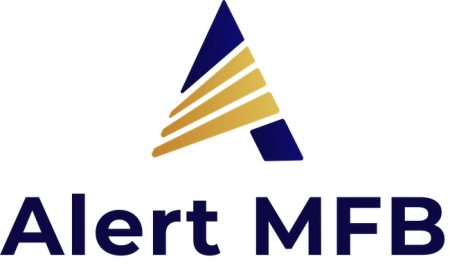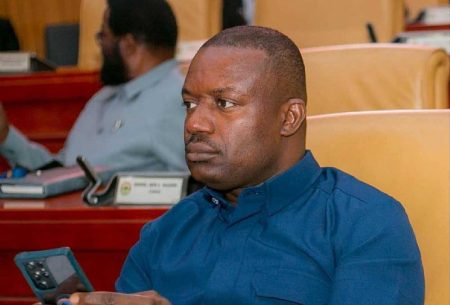Ghana’s Minister for Energy and Green Transition, John Abdulai Jinapor, has unveiled a strategic roadmap for revitalizing the nation’s petroleum downstream sector. This initiative is driven by the recognition of persistent structural inefficiencies, regulatory hurdles, and fiscal challenges that have plagued the sector, despite the increasing energy demands of a deregulated market. The Minister’s plan centers on the development of a comprehensive downstream law aimed at streamlining operations, enhancing distribution networks, and establishing transparent pricing and marketing mechanisms for petroleum products. This legal framework is expected to address the root causes of volatile fuel prices and ensure more affordable and stable access for consumers, ultimately contributing to broader economic growth. This move signals a significant step towards achieving a more robust and sustainable energy sector in Ghana.
The Minister’s announcement comes amidst growing concerns about the long-term viability of the downstream sector. While petroleum consumption has surged significantly between 2000 and 2023, solidifying its role as a cornerstone of Ghana’s energy landscape, the sector has struggled to keep pace with the evolving needs of the nation. Existing inefficiencies within the value chain have translated to higher costs for consumers, hindering economic progress. Mr. Jinapor emphasizes the urgency of implementing innovative reforms that not only improve sector performance but also guarantee a consistent fuel supply at competitive prices. This dual focus on efficiency and affordability underscores the government’s commitment to balancing the needs of both the energy industry and the Ghanaian populace.
The planned overhaul of the downstream sector signifies a comprehensive reassessment of existing practices. The Minister has pledged to engage in extensive consultations with industry stakeholders, including COMAC, to ensure that the new regulations are both practical and effective. This collaborative approach is crucial for garnering support and fostering a shared understanding of the challenges and opportunities that lie ahead. The government aims to create a regulatory environment that promotes healthy competition, encourages investment, and ultimately benefits all stakeholders, from producers and distributors to end-users. This transparent and inclusive process will be key to building a more resilient and future-proof downstream sector.
A key component of the Minister’s vision is to enhance fuel security, a crucial aspect of national energy independence. By strengthening the regulatory framework and improving financial performance within the sector, the government aims to create a more stable and reliable energy supply. This will not only protect consumers from price volatility but also ensure the smooth functioning of essential services and industries that rely on petroleum products. The focus on fuel security reflects a broader strategic objective of reducing Ghana’s reliance on external factors and bolstering its energy self-sufficiency. This proactive approach is essential for mitigating the risks associated with global energy market fluctuations and safeguarding Ghana’s economic future.
The Minister’s address at the Chamber of Oil Marketing Companies (COMAC) maiden Downstream Dialogue 2025 served as a platform to unveil these ambitious plans. The two-day event, themed “Ghana’s Downstream Oil and Gas Sector: Challenges and Opportunities,” brought together industry experts, policymakers, and other key stakeholders to deliberate on the future of the sector. The dialogue provided a crucial forum for sharing insights, identifying critical challenges, and collectively charting a course towards a more sustainable and prosperous future for the downstream industry. The Minister’s presence and active engagement underscored the government’s commitment to collaborating with industry players and fostering a constructive dialogue to achieve shared goals.
The overarching objective of this transformative initiative is to establish a robust and dynamic downstream sector that can effectively support Ghana’s growing energy needs while promoting economic growth and stability. The proposed reforms aim to address long-standing challenges within the sector, fostering a more efficient, transparent, and competitive market. By streamlining operations, strengthening regulatory oversight, and prioritizing fuel security, the government seeks to create a sustainable energy landscape that benefits all Ghanaians. The collaborative approach adopted by the Ministry, involving extensive consultation with industry stakeholders, will be crucial for ensuring the successful implementation of these reforms and achieving lasting positive outcomes for the nation’s energy future.


